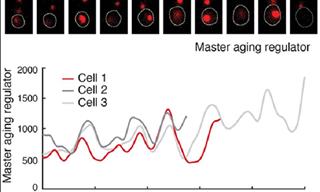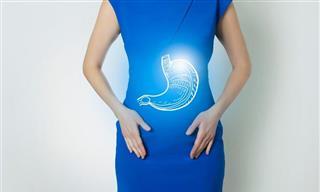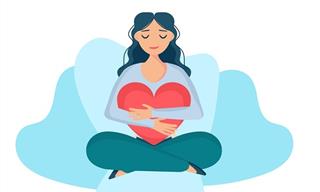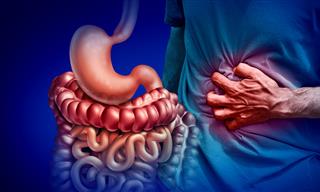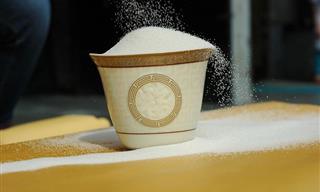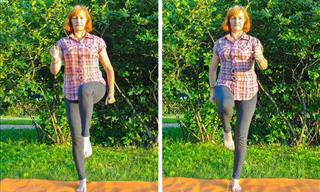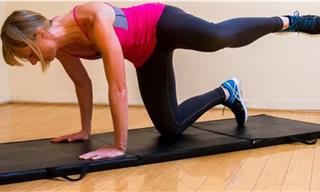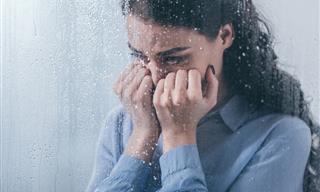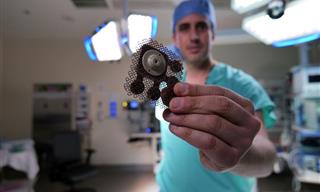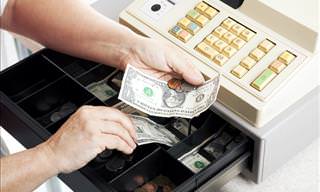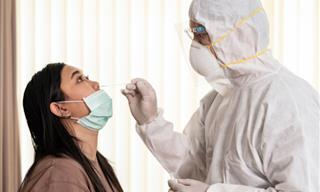The Covid-19 pandemic made us a lot more aware and alert to the germs and bacteria surrounding us - on surfaces and in the air. One object that we all use and touch regularly has recently been highlighted for its ability to harbor thousands of microbes from every environment it comes in contact with - paper money and coins. Before cash got in your hands, it has probably passed through someone’s fingers, a waiter’s apron, a vending machine, or the dank area under someone’s mattress.
That may not be a pleasant thought, but there are ways to protect yourself from germs found on money. Here’s what you need to know.
What we know about the spread of germs through money
In a 2017 study, researchers swabbed $1 bills from a bank in New York City to see what was living on paper currency. They identified hundreds of species of microorganisms. The most abundant were ones that cause acne, as well as microbes from mouths, DNA from pets, and viruses. Another more concerning research study has shown that some banknotes and coins contain pathogens like Escherichia coli (E. coli), Salmonella, and Staphylococcus aureus, which can lead to serious illness. Cash is also often streaked with drugs, one widely cited study claims that as many as 80% of one-dollar bills contain traces of cocaine.

Considering that money is handled so often, it’s hardly surprising there are countless ways to spread those germs and bacteria. You may touch dirty money, and then shake someone’s hand, touch a doorknob, press an elevator button, or touch the screen of an ATM. Bills get traded constantly, and depending on the denomination, they can stay in circulation for five to 15 years. “A lot of people aren’t washing their hands, and they’re at a restaurant and money is going back and forth,” says Susan Whittier, a microbiologist at New York-Presbyterian and Columbia University Medical Center.
And that’s how easy it can be for someone infected with a virus to spread it to others, unknowingly. Physical currency changes hands at least 55 times a year, or almost once a week, according to one study. Though how long germs live on surfaces is specific to the pathogen, some viruses can survive for up to 72 hours on a bill or coin.
Because handling change and taking out money are such common, everyday activities, all of this is easy to overlook or dismiss. However, there are ways to be careful when handling money, and they are important to know.
How to avoid germs transferred by paper money
If you’re concerned about your cash harboring germs, there are a few things you can do to protect yourself. One is trying to clean the money, although that might be difficult.
"Attempting to clean the money is potentially feasible but much more complicated than hand washing – and involves handling the money more than might otherwise be the case," said Charles Bailey, MD, medical director for infection prevention at Providence St. Joseph Health to Insider.
Related: 7 Items You Might Be Disinfecting the Wrong Way
The truth is that there is no perfect way to efficiently disinfect money at home. There are the options of running it through the laundry or brushing each bill with disinfectant, but both are not risk-free and are time-consuming.
According to the World Health Organization, the simplest ways to protect ourselves are:
1. Wash your hands with soap or hand sanitizer after touching any coins or bills.
2. Wear disposable sanitary gloves when handling cash.
The bottom line is that the importance of handwashing is proven once again. There is no need to refrain from using cash or associate it with worry. Just bear in mind that this one easy step could really go a long way in keeping you and your loved ones safer.
Share this important information with friends and family
 Go to BabaMail
Go to BabaMail




















